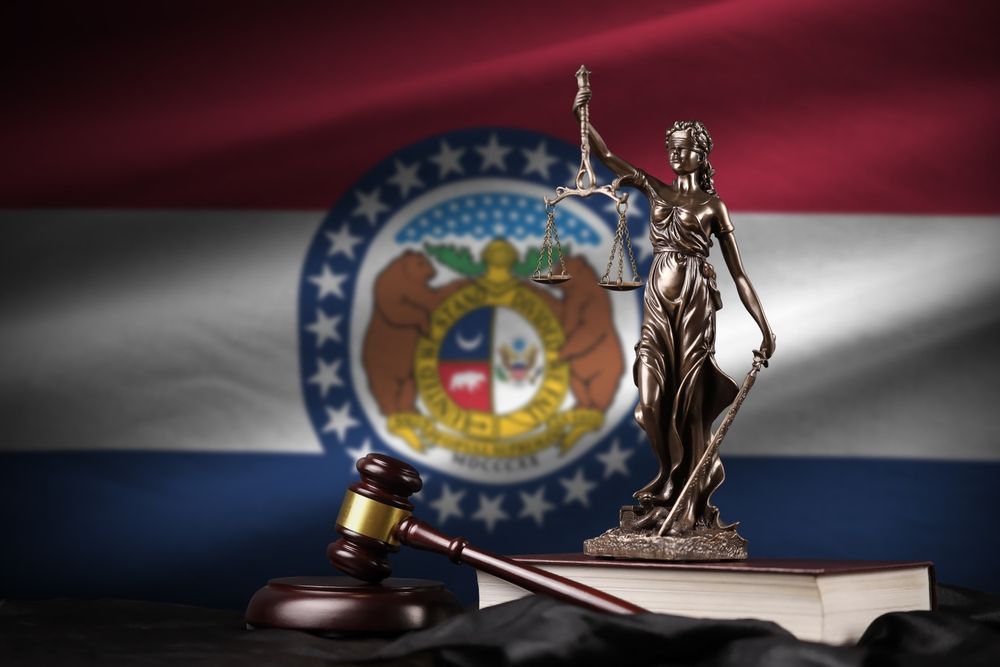Missouri Expungement | Clean Slate Law Missouri
4 September 2024
Share this article:
Written by: Eagle Eye Screening Solutions
Key Takeaways
- Current Missouri clean slate laws allow individuals to apply for expungement of certain criminal records. Eligible offenses include drug crimes and crimes against property but do not include violent crimes and sex crimes.
- Several bills are under consideration in 2024. These would eliminate the need to petition and make expungement automatic.

Missouri Clean Slate Act
Missouri Clean Slate law was enacted in 2021 and updated in 2022. It allows expungement of criminal records for property crimes and drug crimes. Crimes against persons, including violent crimes and sex crimes, are generally ineligible.
Individuals must petition for expungement. There is a waiting period from the end of the prison sentence or probation. The period is one year for misdemeanors and three years for felonies. These numbers have been lowered since the original act.
A very small percentage of eligible people actually apply for expungement and complete the process. There are bills under consideration in 2024 that would address this by making expungement automatic. Advocates for these laws claim that the current system is too confusing and expensive, and that new legislation will benefit the state by giving more people a second chance.
Missouri Background Check Laws
Missouri does not have a statewide ban-the-box law, which would ban employers from asking applicants about criminal records early in the hiring process. There are local ban-the-box laws in communities such as Kansas City and Columbia. A governor’s executive order from 2016 bans the box in some state agencies, but excludes those jobs where a convicted person is ineligible under law.
In general, Missouri background check restrictions are limited to those specified by the federal Fair Credit Reporting Act (FCRA), which bans CRAs from looking back more than seven years for non-conviction arrest records and certain other court actions, and applies only to positions that pay less than $75,000 per year.
Expungement in Missouri
There are two types of Missouri expungement. One destroys the criminal record entirely. It is offered in cases where charges were dismissed or did not result in a conviction.
The second type, where there was a conviction, allows records to be closed. This process is called sealing in many states. Records are no longer visible to the public, and a job applicant may legally say that the conviction did not take place. However, the records are still available to law enforcement agencies and the courts.
What CRAs Need to Know About Clean Slate Laws in Missouri
Whether expunged records have been destroyed or sealed, they will not show on a background search. CRAs must not report these even if they discover them. If pending legislation becomes law, there will be many more criminal records unavailable to CRAs.
Bottom Line
Current Missouri Clean Slate law is less generous than in many other clean slate states. Expungement of criminal records is allowed only for drug crimes and crimes against property, and individuals must follow a time-consuming petition process. The state is considering legislation to make expungement automatic. There are two types of expungement in Missouri: that which actually destroys criminal records, and that which seals them from public view.
Connect with Us:




